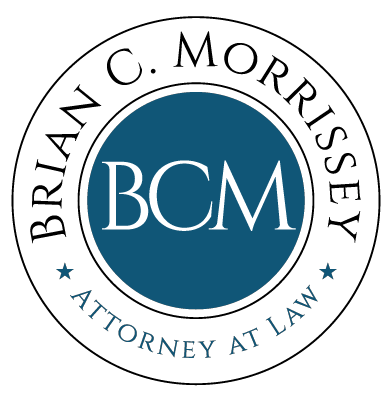Probation and Probation Violations

When a person is accused of a crime, they will see a judge and either admit their guilt with a plea of no contest or guilty or contest the charge against them. The vast majority of cases end in plea deals where the prosecutor reduces the charge or agrees to a sentencing recommendation in exchange for a plea. That sometimes ends in jail or prison time, and it sometimes results in a sentence of probation or community control by the judge. In Ohio, probation is usually the term for misdemeanor cases, while community control is the term used in felony cases. They both mean that there will be conditions that the defendant must meet in order to avoid going to jail or prison.
Many factors play into whether someone receives a sentence of probation. First of all, the charge must carry the possibility of jail time in order for the judge to be able to sentence someone to probation. Most traffic tickets and even some criminal charges are minor misdemeanors and carry no possibility of jail and therefore no possibility of probation.
Some of the more serious felonies have very little chance at probation. If a murder or rape charge is on the table, it is very unlikely that a plea deal can be worked out where the defendant does not serve jail or prison time. In cases like that, the plea negotiation is usually negotiating how much time in prison the person will serve, and if no agreement can be made then the case usually goes to trial.
A major factor is the charge itself which varies a great amount depending on the charge. A charge that carries a lesser maximum jail sentence has a greater likelihood of probation than a charge that could carry years in jail.
The defendant’s record also matters. If the person has no record, they are likely a better candidate for probation than someone who has convictions, especially if the convictions are more recent. No convictions at all is ideal, but if a person has convictions it is best if they were convictions from years ago rather than more recently.
Whether the defendant has successfully completed probation in the past will matter to the judge. If a person has been given a condition of probation and been unsuccessful in the past, it is less likely that a judge will give probation again since the person has already showed that they were not able to comply in the past.
The input of the victim, if there is a victim, will matter to the judge as well. If a victim tells the judge that they want probation or jail time for the defendant, the judge will take that into consideration. A judge does not need to follow the wishes of the victim but it is certainly something that a judge will take into account before sentencing.
Many times a prosecutor will recommend probation or some probation conditions to the judge. Some judges will follow this recommendation, and some will not. It usually helps to secure a probation sentence if the prosecutor is on board with it as well.
The conditions on probation are almost endless, but the most common ones are to pay restitution, have no contact with a victim, do anger management classes, do batterer’s intervention classes, have no new charges, pay fines and court costs, have stable employment, maintain stable housing, submit to drug tests, stay away from a store (if it’s a theft case), stay drug and alcohol free, do not own or possess any drugs, and many others. A judge could order all of the above, or only 1 or 2 terms of probation. The conditions of probation usually have some relation to the charge itself. For example, a drug charge will likely have conditions to stay clean of any drugs or alcohol. A domestic violence charge will likely have a term of anger management or batterers intervention. The term of probation can be anywhere from 1 to 5 years.
Complying with probation is not always easy, and many people receive probation violations. It is hard for people to hold a steady job, take care of their bills, provide for their family, and also meet regularly with a probation officer or do random drug screens. Sometimes people have to choose between keeping their job or leaving their job site to do a probation meeting which puts them in a tough position.
In most courts, if a person is complying with probation there will be no probation violation and the term will expire on the set date by the judge. If a person is in violation, generally a probation officer will file a probation violation with the court and the judge will set a time and date to answer to the probation violation. This is where it is important that a person at least consult with a criminal defense lawyer before heading into court.
If a defendant has not complied with doing their AA meetings, for example, it is best that they get some meetings done before the probation violation hearing date. It does not mean that the judge will not find the person in violation, but it is a far better argument to continue probation and not do jail time if some progress has been made.
It is the same for something like restitution. If no restitution has been made over the course of a few months, it is more likely that a judge will hold someone in violation. However, if someone has been making payments on their restitution amount consistently over a few months, the officer may not file a probation violation at all.
At the hearing, the judge can impose jail time, find no violation, or continue the person on their term of probation. That all depends on the facts of the case and the judge that a person is in front of. Many factors go into that determination at the probation violation hearing date.
Regardless of what you are charged with, it is usually a good idea to at least call a criminal defense lawyer to understand what your specific probation violation is about. As you can see, some are more serious than others and the need for an attorney varies depending on the charge and nature of the violation. If you or a loved one are charged with a crime and need to consult with a criminal defense lawyer, call Brian C. Morrissey Attorney at Law LLC at 419-830-7441, by filling out a contact form, or by emailing brian@brianmorrisseylaw.com.

